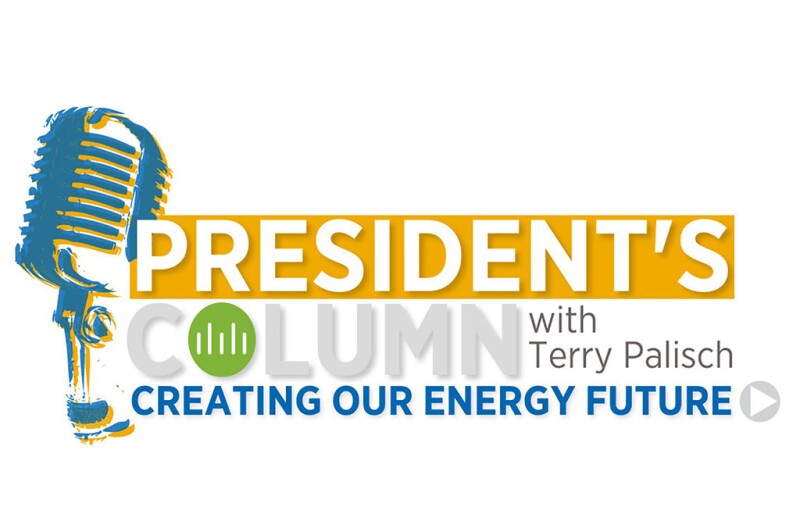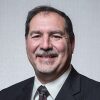Editor’s Note: This is a summary of the August episode of the President’s podcast. We encourage you to listen to the episode to hear the full conversation.
In this month’s episode, I was joined by Austin Palisch, staff engineer at Liberty Energy (and my son), for the final episode of my presidency. Our discussion focuses on reviewing the past year, my theme of “Creating Our Energy Future,” and the future of the Society of Petroleum Engineers.
Recent Travels and Engagements
Austin and I start the episode by recapping my recent travels.
It has been a busy month. I started with the Oil and Natural Gas Technology Symposium in Washington, DC. This event, co-sponsored by the American Association of Petroleum Geologists (AAPG) and the Society of Exploration Geophysicists (SEG), focuses on sustainable energy for future generations. It brings together technical leaders, policymakers, and think tanks to discuss sustainable energy and strategies for the future.
Then, I started my European tour in Dubrovnik, Croatia, where I helped kick off a summer school event focused on energy and geothermal energy. In Paris, I participated in a panel about generational diversity in the workforce. In Vienna, I met with the OMV leadership team, an important sponsor in the region, and attended the Vienna Basin Section’s annual event. Next, I visited Milan and Turin, Italy, where I met with the Italian Section to discuss local initiatives and attended our forward-thinking European Energy Conference and Exhibition (EuropEC). The trip concluded with a visit to the London Section before heading to Stavanger, Norway, for the summer SPE Board meeting.
My Presidency
Austin and I discussed my year as president by reiterating my theme. “Creating Our Energy Future” has been the foundation for my talks and presentations throughout my presidency. The energy industry’s future relies heavily on young professionals and students, and I chose this theme to guide SPE members and the organization toward a sustainable future.
This theme has been well-received globally as I travel and meet members. My messages emphasize the importance of lifelong learning, industry participation, and volunteerism, and how leadership and SPE are the paths to accomplish this. I like to compare SPE membership to a gym membership, where the benefits increase with active participation.
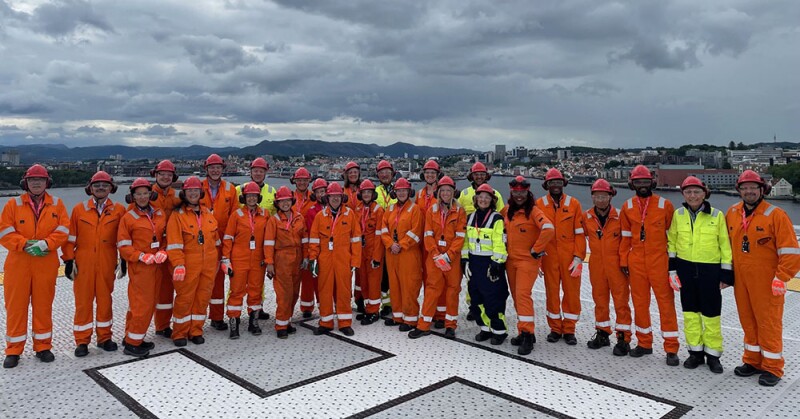
Energy Trilemma: Affordable, Reliable, and Sustainable Energy
The first part of the challenge is to provide affordable and reliable energy. Fortunately, people in our industry are very passionate about what they do, and hydrocarbons’ role will lift the world out of energy poverty. Our industry and workers will answer the need for technological advancements to produce and recover hydrocarbons sustainably. In the past we have answered the call, such as developing deepwater reservoirs or unconventional reservoirs like shale gas and shale oil. These are some of the lowest-carbon oil and gas sources, so our industry must continue to advance technologies to improve recovery.
The challenge begins with attracting the best and brightest people coming into the industry, capital investment, and public support. SPE is the home for petroleum engineers, scientists, and other energy professionals, and our mission is to connect our members to technology, each other, and external stakeholders. SPE facilitates this through events, online and digital media, multimedia, and technical and regional sections—the very topics of my podcasts this year.
Sustainability and Decarbonization
That covers the first two parts of the trilemma, and the third is sustainability and decarbonization. I believe our industry is uniquely positioned to address this as well. I think there are two parts to this.
First, we need to continue to find ways to decarbonize our operations. We are already working on this in many ways. We are reducing or eliminating flaring, reducing methane emissions, and addressing orphan wells. These are just a few of the many avenues our industry is advancing to achieve decarbonization, and we must continue to find technologies to accomplish this.
Second, we can use our oil and gas expertise to advance some of the adjacent decarbonization technologies such as carbon capture and storage and geothermal energy, two areas where our industry is making significant investments in both human and financial capital.
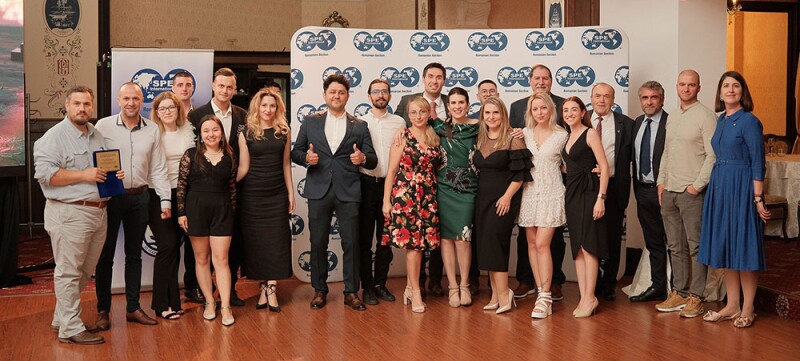
SPE Support
SPE supports these initiatives in many ways. Statistics for the year show that almost 10% of our primary events focused solely on energy transition topics. In addition, most of our other events had sessions that addressed energy transition or sustainability topics directly, and there were even many conferences where energy transition topics were embedded within a particular session.
It’s important to remember that if we can start embedding this discussion into our everyday work like we embedded safety, we can continue to move forward.
Last year, we continued our partnership with Geothermal Rising to host our annual geothermal workshop. Also, almost 10% of the papers in OnePetro dealt directly with sustainability, with almost half of those focused on renewables.
It’s important to remember that we’ve addressed sustainability for decades. SPE has had its Sustainable Development Technical Section for quite some time. To advance geothermal technology quickly, SPE was recently selected as a part of a consortium for the GEODE project, a US Department of Energy‑funded initiative.
SPE is also leaning into sustainability, which is why I believe we are uniquely positioned to address these challenges. I want to remind people that our members, member companies, sponsors, and advertisers are all committed to the same goals. We are continuously striving to meet the needs of our constituencies.
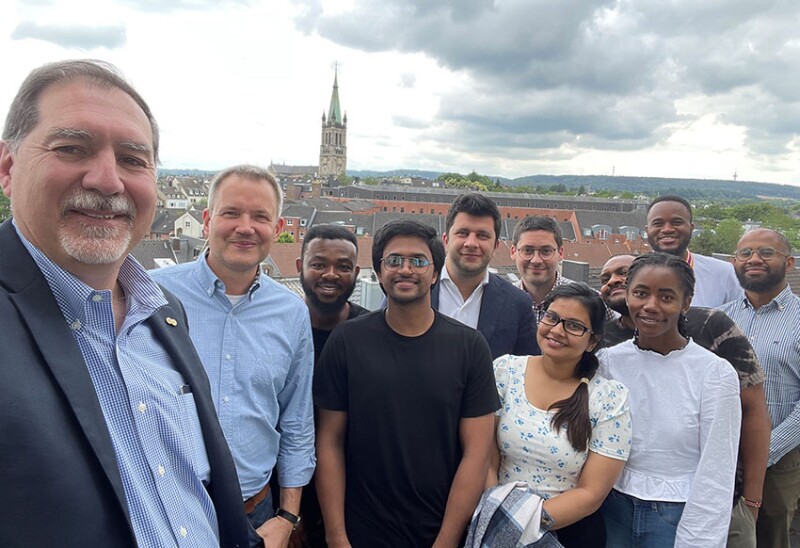
Goals and Accomplishments
Over the past year, I have had several goals. The primary goal was to help members understand how to get the most out of their SPE memberships, which is what drove my theme, “Creating Our Energy Future.” I spread the word on my podcast and in my speeches at global and local events. Our recent membership survey agreed that we have a challenge in helping members understand the value of some of our programming.
Another goal was regaining our financial stability post-pandemic. In fact, we ended the fiscal year 2024 in the black if you combine it with our investment performance, and we are off to a good start in FY25. We also set out to reimagine some of our flagship events. We started with the SPE Annual Technical Conference and Exhibition (ATCE), with many enhancements slated to be displayed in New Orleans next month. I also wanted to support our sections and chapters more through collaboration between SPE events and programming in the local sections. Most members think about their local sections when they think about SPE. This is still a work in progress, but we are moving forward.
Lastly, I wanted to look at ways to improve the awareness of our energy4me® education program. It’s such a great program, and I think we can look for ways to upgrade this now and in the future. Again, our recent member survey highlighted our challenges with awareness in some of our programs, and energy4me is one of them. The Board began addressing this at our meeting last month in Stavanger.
Final Thoughts
I wrap up this episode by highlighting the importance of ongoing engagement and innovation in the industry. I encourage members to continue their professional development through SPE and stay active in local sections and events.

